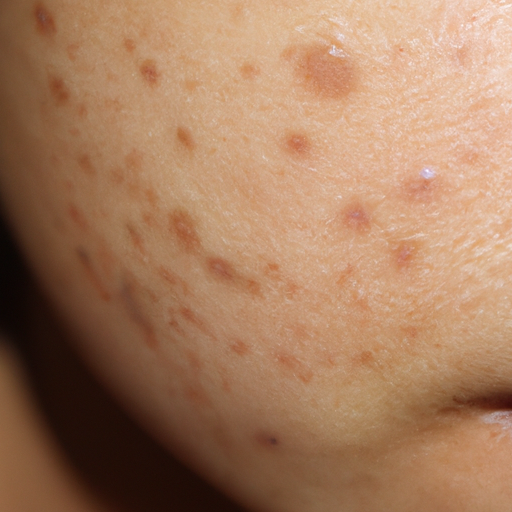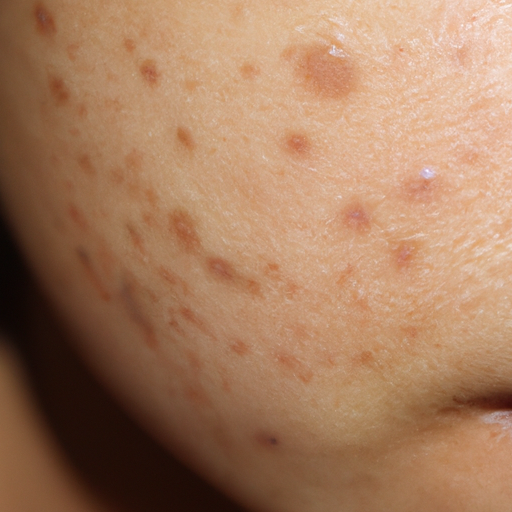Title: Unmasking Acne: A Comprehensive Guide to Diagnosis and Effective Treatment Strategies
Acne is a common skin condition that affects millions of people worldwide. Despite its prevalence, many individuals struggle to understand the root causes of acne and how to effectively manage it. This article aims to unmask acne, providing a comprehensive guide to its diagnosis and effective treatment strategies.
Acne is primarily caused by the overproduction of oil, clogged pores, inflammation, and the presence of bacteria. Hormonal changes, certain medications, diet, stress, and genetics can also contribute to acne development. Understanding these factors is crucial in formulating an effective acne treatment plan.
Diagnosing acne is typically straightforward. Dermatologists classify acne based on its severity: mild, moderate, or severe. Mild acne is characterized by few papules and pustules (the most common types of pimples), while moderate acne involves a greater number of these lesions. Severe acne, on the other hand, is marked by numerous large, painful nodules and cysts.
Once diagnosed, the next step is determining the most effective treatment strategy. There’s no one-size-fits-all solution for acne; what works for one person may not work for another. However, several proven treatment options can significantly improve acne symptoms.
Topical treatments are often the first line of defense against mild to moderate acne. These include over-the-counter products containing salicylic acid or benzoyl peroxide, which help unclog pores and reduce inflammation. Prescription topical treatments such as retinoids and antibiotics may also be used.
For moderate to severe acne, oral medications may be prescribed. These include antibiotics to reduce bacteria and inflammation, combined oral contraceptives for women with hormonal acne, and isotretinoin for severe nodular or cystic acne.
In-office procedures like chemical peels, laser therapy, and light therapy can also be effective in treating acne. These treatments work by reducing oil production, killing acne-causing bacteria, or stimulating skin cell turnover.
While these treatments can be highly effective, it’s essential to remember that acne management is a long-term commitment. Results may not be immediate, and it often takes several weeks to see significant improvement. Patience and consistency are key.
In addition to medical treatments, lifestyle changes can also help manage acne. Maintaining a healthy diet, regular exercise, adequate sleep, and stress management can all contribute to healthier skin. It’s also crucial to follow a consistent skincare routine, which includes gentle cleansing, moisturizing, and sun protection.
Lastly, it’s important to seek professional help if your acne is causing distress or affecting your quality of life. Dermatologists are trained to diagnose and treat skin conditions and can provide personalized treatment plans based on your specific needs and skin type.
In conclusion, unmasking acne involves understanding its causes, knowing how to diagnose it, and exploring various treatment options. With the right approach and professional guidance, acne can be effectively managed, leading to clearer skin and improved self-confidence.
Keywords: Acne, Diagnosis, Treatment Strategies, Topical Treatments, Oral Medications, In-Office Procedures, Lifestyle Changes, Dermatologists.




